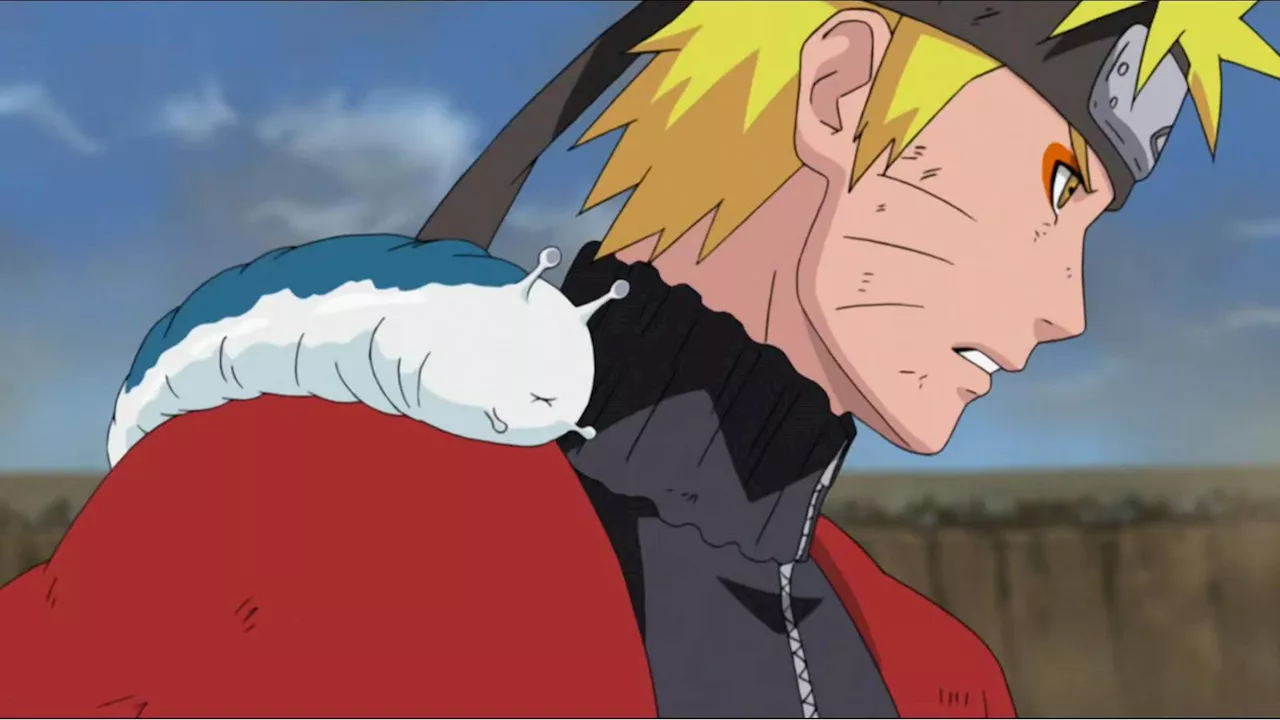Entertainment
Examining the Hypocrisy in Naruto’s Journey and Legacy

The narrative of Naruto Uzumaki, created by Masashi Kishimoto, is celebrated as one of the most significant stories in the world of shonen manga. However, even its most ardent fans must confront a critical aspect: Naruto embodies a profound hypocrisy that complicates his character’s journey. Since its first publication in September 21, 1997, leading to serialization in 1999, the series has captivated audiences worldwide, but the evolution of its themes raises questions about destiny and free will.
Initially, Naruto is portrayed as a determined underdog, a boy with no apparent talent for becoming a ninja. His transformation into a pivotal figure in the Fourth Great Ninja War reflects his growth, paralleling the success of the franchise itself. Yet, as his story unfolds, the very ideals he champions—self-determination and the ability to shape one’s fate—are challenged, revealing a more convoluted reality.
Naruto vs. Neji: A Clash of Ideologies
One of the most significant moments in Naruto’s story occurs during his battle with Neji Hyuuga. Neji, a member of the Hyuuga clan’s branch house, believes that one’s fate is predetermined. His views stem from the trauma of his father’s sacrifice, which leads him to accept the constraints of destiny. In contrast, Naruto argues against this fatalism, asserting that individuals can forge their own paths. Their confrontation is not just a physical battle; it symbolizes a clash of ideologies. Ultimately, Naruto’s victory serves as a testament to hard work overcoming natural talent. Yet, this triumph is overshadowed by revelations about Naruto’s true heritage as the reincarnation of an ancient figure linked to the mysterious Ōtsutsuki clan.
While fans celebrated Naruto’s perseverance, it became evident that he was not an ordinary ninja. His lineage and the immense chakra bestowed upon him changed the narrative landscape. The culmination of the Fourth Great Ninja War further complicates this notion as Naruto and his rival Sasuke Uchiha are revealed to be entangled in an age-old cycle of conflict originating from Ashura and Indra. What once appeared to be a story of individual triumph now suggests a predetermined path, casting doubt on Naruto’s earlier assertions about free will.
Redefining Fate and Free Will
Kishimoto’s narrative weaves a complex tapestry of destiny and choice. From the beginning, the story embodies cycles—Naruto, Sasuke, and Sakura Haruno each share connections with the Legendary Sannin. Yet, as the plot progresses, the introduction of prophecies, particularly one imparted to Jiraiya, raises significant questions about the characters’ ability to alter their fates. Jiraiya’s vision that one of his students would either save or destroy the ninja world adds layers of complexity to the theme of agency.
While Naruto originally seemed to navigate his destiny actively, the introduction of the Kaguya arc reveals a more deterministic narrative. Despite his growth and heroic actions, the existence of chakra reincarnation and the cyclic nature of conflict suggest that Naruto’s journey is less about individual choice than it initially appeared. This realization can be disheartening, especially for those who admired the series for its messages of perseverance and self-determination.
Nevertheless, there is a certain beauty in Naruto’s hypocrisy. His obliviousness to the forces shaping his destiny does not diminish his character’s significance. He remains committed to his own path, embodying the spirit of a true ninja. Even as revelations about destiny unfold, Naruto’s refusal to succumb to the weight of expectation allows him to break the cycle of violence by choosing compassion over conflict, particularly in his relationship with Sasuke.
Ultimately, the story of Naruto is one of complexity. While the character navigates a world filled with destiny and fate, his journey remains impactful. Through his choices, he challenges the very notions of fate that initially seemed inescapable. The series, while marked by contradictions, celebrates the human experience of striving for one’s dreams in a world that often feels predetermined.
As fans continue to analyze and discuss Naruto’s legacy, the series stands as a testament to the intricate relationship between choice and destiny, making it a compelling narrative for generations to come.
-

 Lifestyle4 months ago
Lifestyle4 months agoLibraries Challenge Rising E-Book Costs Amid Growing Demand
-

 Sports4 months ago
Sports4 months agoTyreek Hill Responds to Tua Tagovailoa’s Comments on Team Dynamics
-

 Sports4 months ago
Sports4 months agoLiverpool Secures Agreement to Sign Young Striker Will Wright
-

 Lifestyle4 months ago
Lifestyle4 months agoSave Your Split Tomatoes: Expert Tips for Gardeners
-

 Lifestyle4 months ago
Lifestyle4 months agoPrincess Beatrice’s Daughter Athena Joins Siblings at London Parade
-

 World4 months ago
World4 months agoWinter Storms Lash New South Wales with Snow, Flood Risks
-

 Science4 months ago
Science4 months agoTrump Administration Moves to Repeal Key Climate Regulation
-

 Science3 months ago
Science3 months agoSan Francisco Hosts Unique Contest to Identify “Performative Males”
-

 Business4 months ago
Business4 months agoSoFi Technologies Shares Slip 2% Following Insider Stock Sale
-

 Science4 months ago
Science4 months agoNew Tool Reveals Link Between Horse Coat Condition and Parasites
-

 Sports4 months ago
Sports4 months agoElon Musk Sculpture Travels From Utah to Yosemite National Park
-

 Science4 months ago
Science4 months agoNew Study Confirms Humans Transported Stonehenge Bluestones









